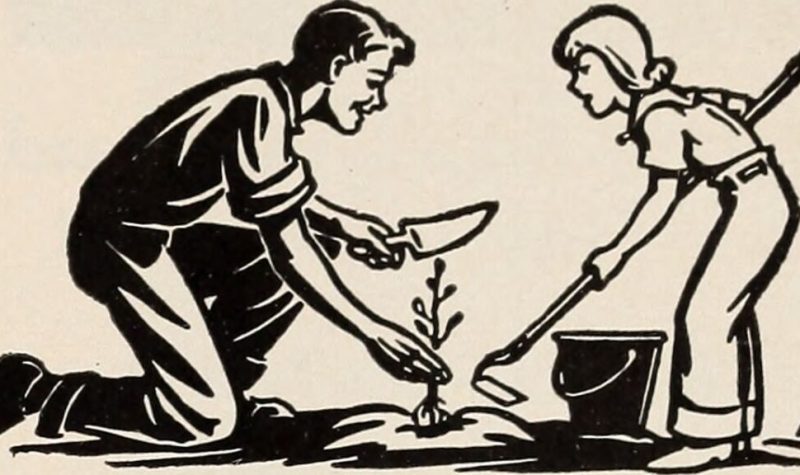By Max Thaysen
In this episode Max Thaysen interviews author and ecologist, Rex Weyler, about the underlying condition behind COVID 19.
The Underlying Condition: Overshoot
We ask: Is this the worst thing happening right now? Why is it that we’re reacting so strongly to Covid-19 and are completely unmoved by other, more mundane, daily tragedies that have a much greater impact on the life and health of humans and non-humans.
Rex explains, in this one-hour radio piece, how the coronavirus (COVID 19) pandemic is a symptom of an underlying condition: overshoot.
Overshoot is a natural phenomena, quite common throughout nature, where a species reproduces and thrives and extends its number beyond the carrying capacity of it’s ecosystem. The population then crashes as it hits the limitations on growth. It might be a food shortage, building materials or a virus.
Overshoot includes the habits and practices of a species as well as its numbers. Rex tells us how we’ve got a problem with both.
Ample Warning
We’ve had ample warning of this fact of nature from writers in the 60s and 70s and even earlier than that. We know that some kind of balance between humans and the rest of the planet will be restored eventually, it’s just a matter of time (and this might be it). In any case, this is a good time to wake up, shake our heads and consider how we might be able to soften our landing or flatten the curve on the decline of humanity.
We also talk about fairness and risk and how some of those with power and privilege in society are taking the opportunity of the pandemic to do what they’ve always done: consolidate more power and privilege. We cover peak oil — the physical realities that are undercutting the economic justification for much of the oil industry in Canada and compounding our economic anxieties. Rex offers that many of the answers to our questions lie in evolutionary psychology and attention to our cognitive biases. And we ponder what a sustainable population level might be if we want to maintain a simple, yet modern lifestyle (~100 million people).
Rex is a very engaging speaker and a thoughtful speaker. We conducted the interview outside, on the back deck of his home, 2 meters apart from one another, in the sunshine.



